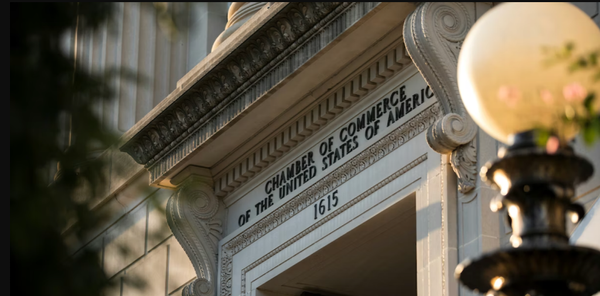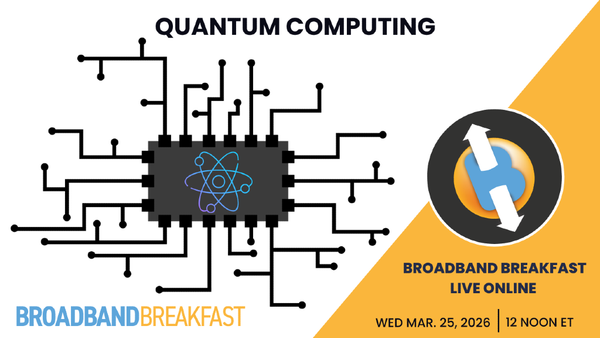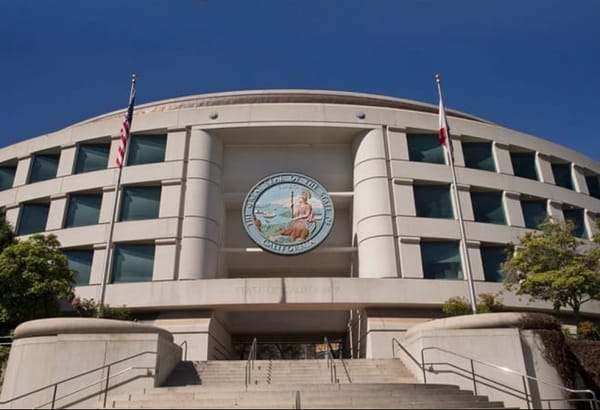Clyburn Says Broadband Adoption Among African-Americans Less Than Impressive
WASHINGTON, September 22, 2009 – Federal Communications Commissioner Mignon Clyburn said Monday that a large percentage of African Americans still have not made the use of the Internet a priority in their lives, especially at home.
WASHINGTON, September 22, 2009 – Federal Communications Commissioner Mignon Clyburn said Monday that a large percentage of African Americans still have not made the use of the Internet a priority in their lives, especially at home.
Speaking Monday at the Media and Policy Institute policy forum that discussed a national broadband plan, Clyburn pointed out that the use of mobile telephone services has been well received by the African-American community, although the reception for internet services is less than impressive.
Only 46 per cent of African-Americans use broadband in their homes, while only 63 per cent of Americans have subscribed to broadband, she said.
“The world is fast becoming dependent on the use of internet for almost all their services, and community access to broadband is a great equalizer.”
She cited the use of broadband to make services, such as telemedicine, available to the users in South Carolina. It was one example of a reason to adopt the use of broadband to improve their lifestyles.
The biggest block to access of broadband in homes is the challenge of relevance. Even though costs of running the service are high, many African-American homes still have no access to the Internet and broadband in their homes – simply because they have not found the need to have the service.
“A lot of those who have not yet embraced the use [of the Internet} blame it on the high costs to maintain the service, while another group sees no relevance in the technology,” she said.” Yet, the adoption of technology should be looked at from more than one side, and it is time we understood why a big number of Americans have not embraced broadband.”
Although the deployment of broadband is part of the reason why many homes have no access, adoption of broadband service is still another block. There is a need to understand why many people have yet to embrace it.
“We need to wear the community glasses, get out there and hear from consumers and learn their story, as these will be valuable lessons from their point of view,” she said.
National broadband must be data-driven, she said, and the government needs to have information on who has access to the Internet, and where it has been put to the most use, as well as getting information on the individual needs of people in order to be able to serve their needs.
About BroadbandCensus.com
BroadbandCensus.com was launched in January 2008, and uses “crowdsourcing” to collect the Broadband SPARC: Speeds, Prices, Availability, Reliability and Competition. The news on BroadbandCensus.com is produced by Broadband Census News LLC, a subsidiary of Broadband Census LLC that was created in July 2009.
A recent split of operations helps to clarify the mission of BroadbandCensus.com. Broadband Census Data LLC offers commercial broadband verification services to cities, states, carriers and broadband users. Created in July 2009, Broadband Census Data LLC produced a joint application in the NTIA’s Broadband Technology Opportunities Program with Virginia Tech’s eCorridors Program. In August 2009, BroadbandCensus.com released a beta map of Columbia, South Carolina, in partnership with Benedict-Allen Community Development Corporation.
Broadband Census News LLC offers daily and weekly reporting, as well as the Broadband Breakfast Club. The Broadband Breakfast Club has been inviting top experts and policy-makers to share breakfast and perspectives on broadband technology and internet policy since October 2008. Both Broadband Census News LLC and Broadband Census Data LLC are subsidiaries of Broadband Census LLC, and are organized in the Commonwealth of Virginia. About BroadbandCensus.com.










Member discussion